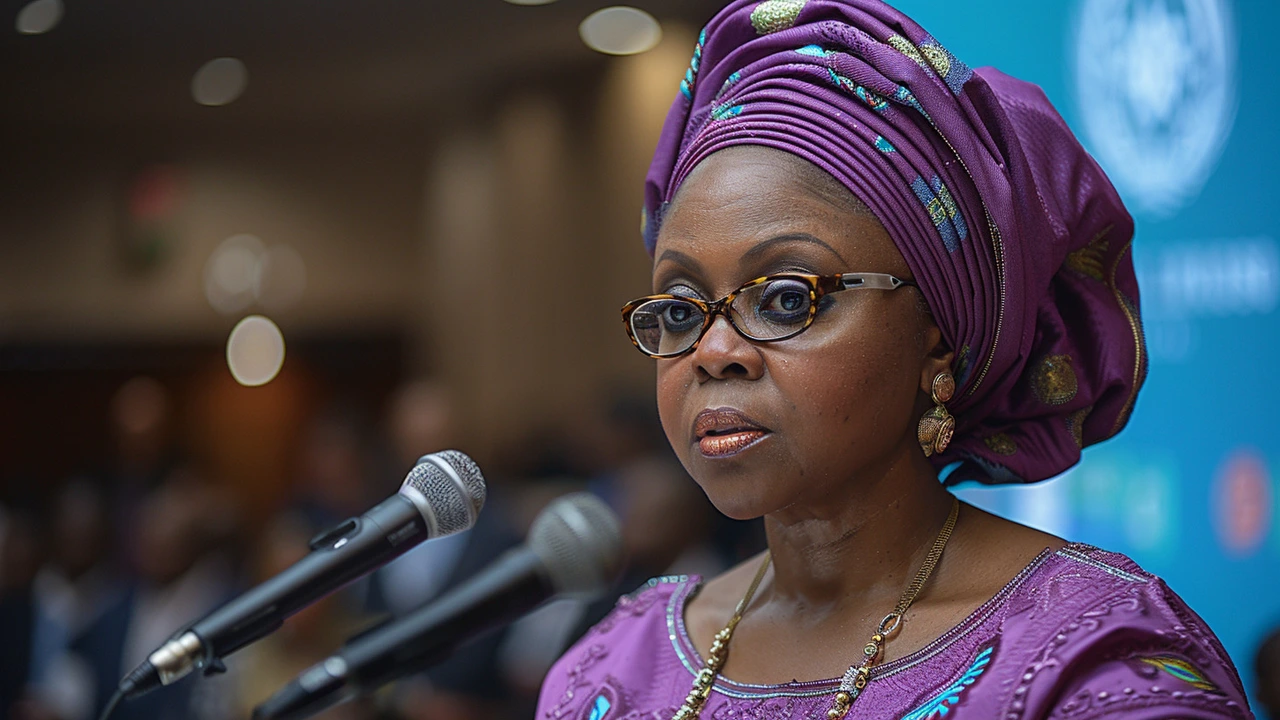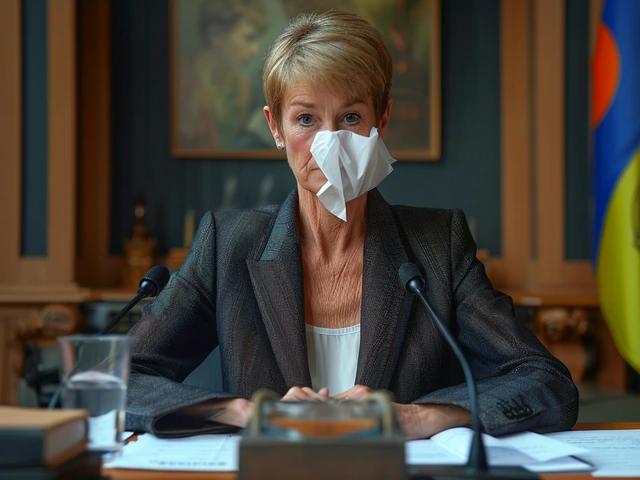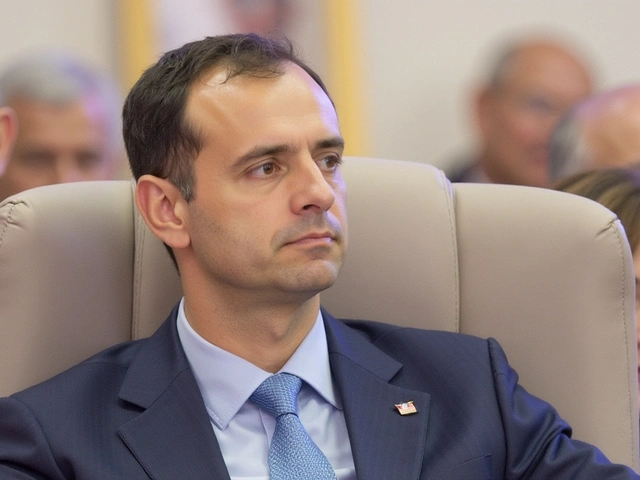Understanding Corruption in Africa: What You Need to Know
Corruption remains a tough challenge across many African countries, touching politics, law enforcement, and public services. It’s not just about big scandals; even small acts of bribery damage trust and waste resources that could be used for development. By keeping an eye on real examples and government actions, you get a clearer picture of where things stand.
Recent Developments and Efforts Against Corruption
Take Kenya as an example. The Interior Cabinet Secretary, Kipchumba Murkomen, recently vowed to clamp down on corruption within the police force and government administrators. His focus includes tackling serious crimes like human trafficking and illegal fees, with warnings about dismissals and legal steps for those caught. This kind of firm stance is key because it shows some leaders don’t want to tolerate graft at any level.
Closer scrutiny also reveals political accountability issues. In Kenya, after Raila Odinga's failed African Union Commission bid, some politicians faced calls to resign amid claims of mismanagement that may have influenced the outcome. That kind of debate shines a light on how corruption and poor decision-making can impact broader political dynamics.
Why This Matters to You
Corruption isn’t an abstract problem; its effects ripple into everyday lives, slowing down infrastructure projects, increasing costs for basic services, and discouraging fair competition. Understanding specific cases and government responses helps you see where things are improving and where they still need work. Following trusted news sources keeps you informed about key players and their moves against corruption.
So, if you care about Africa’s future, stay tuned for updates on anti-corruption efforts and how ordinary people and leaders are shaping this ongoing fight. It’s not just news—it’s a window into the challenges and changes affecting growth and fairness on the continent.






